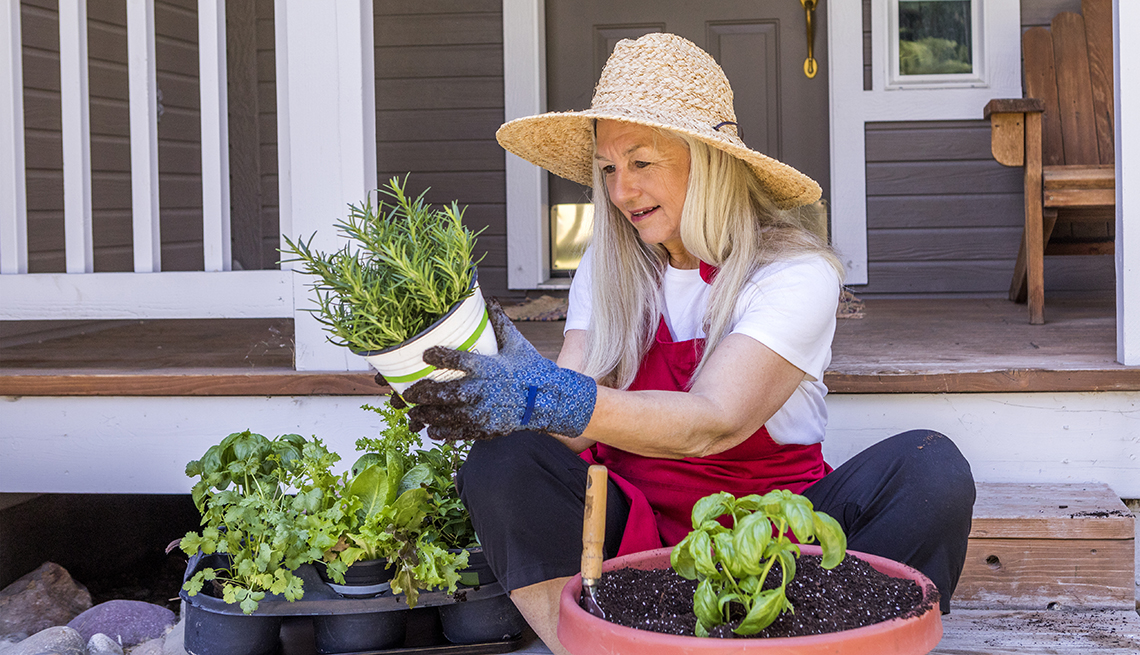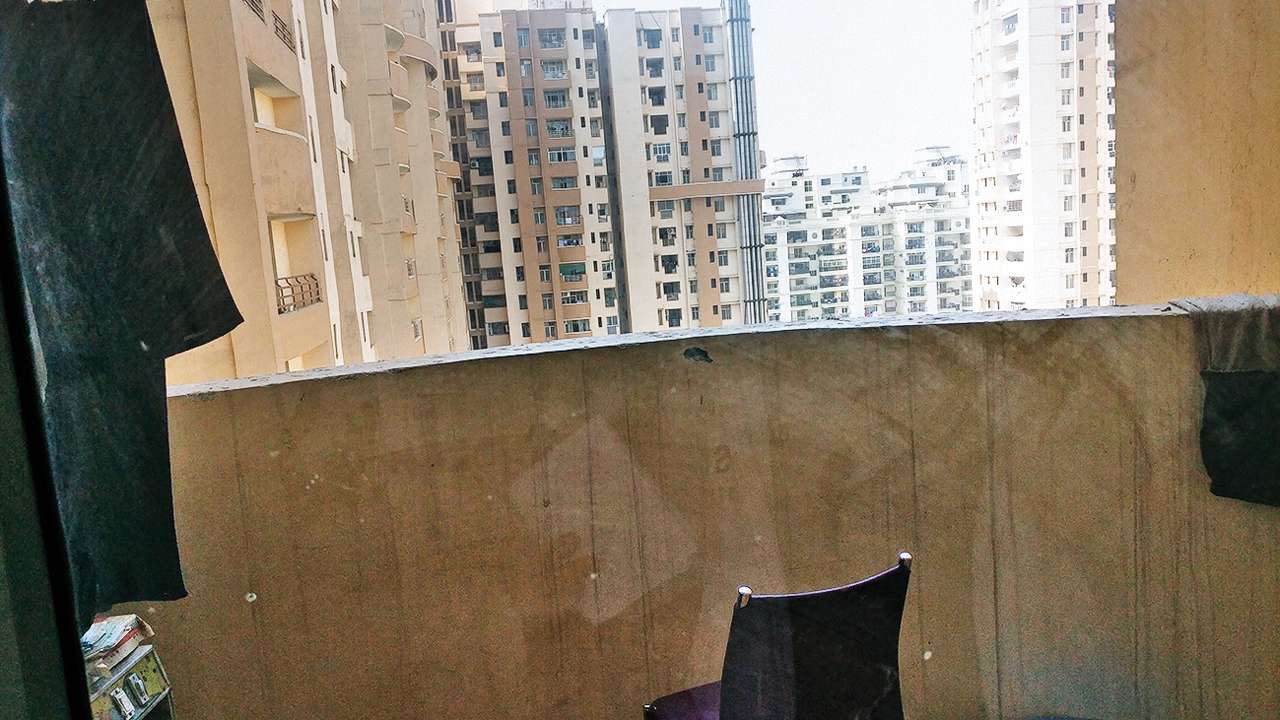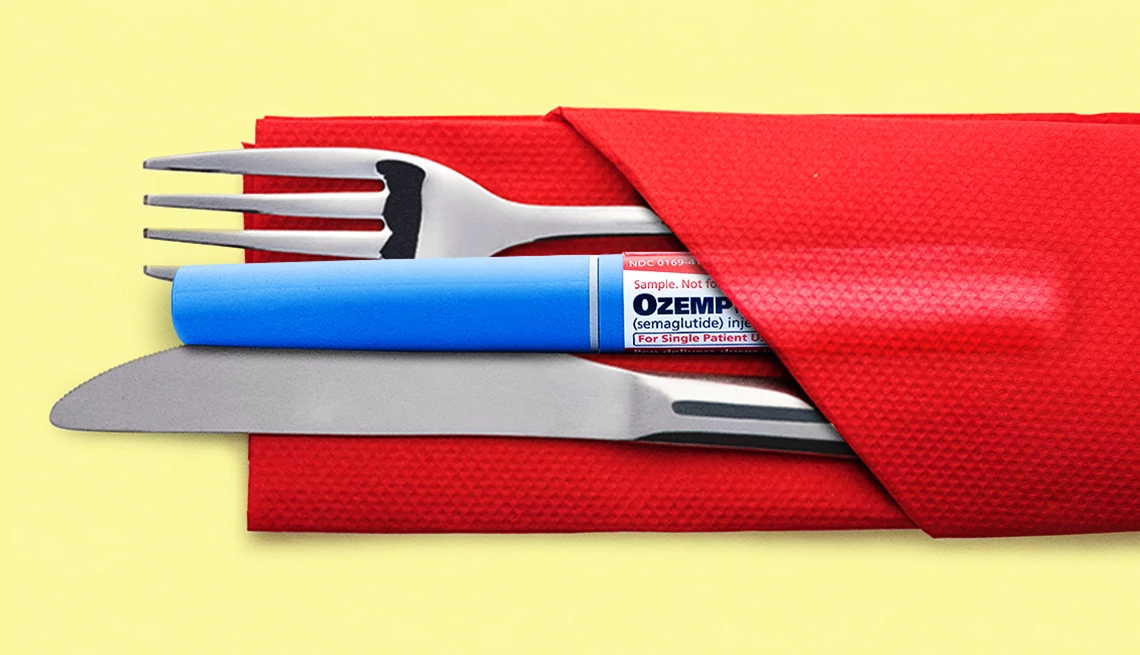
- Select a language for the TTS:
- UK English Female
- UK English Male
- US English Female
- US English Male
- Australian Female
- Australian Male
- Language selected: (auto detect) - EN
Play all audios:
GROWING PLANTS PROMOTES HAPPINESS Horticulture therapy, which employs gardening to treat both mental and physical ailments, has gained increasing support. Such therapy used with nursing home
residents found that it makes people happier, according to another 2018 study. That effect is well known to Jonquil Nelson of Bozeman, Montana, founder and executive director of the
10-year-old nonprofit Sage Gardeners. She normally works with volunteers to build and maintain gardens for free for assisted living facilities, memory care centers and veterans’ nursing
homes. Now that COVID-19 has put that effort on hold, her group continues to work with private homes, all gratis, she says. Growing plants has a powerful effect on seniors, Nelson says. She
encourages them to plant seeds indoors “because it starts this sense of hope." “It's something to do every day, to check on it, water it, look forward to something — food on the
plate,” she says. “It's powerful." Residents in assisted living communities also don't have to worry about exposing themselves to infection if they get outside and garden,
says Rachel Reeves, director of communications at the National Center for Assisted Living. "As long as they're practicing social distancing in their gardening, that's a great
idea to keep residents engaged at this time,” Reeves says. Gardening provides aerobic and muscle-building exercise. One hour of weeding, trimming and raking can burn 300 calories, according
to a fact sheet from Texas A&M University Agrilife Extension, based in College Station, Texas. For older adults staying at home, it's important to maintain activity, says the
University of Pittsburgh's Strotmeyer. But they will need to calibrate their yard or garden work with their own ability level. “If you get muscle pain from digging, don't do it,”
she says. Seniors shopping at Armstrong Garden Centers in California have been choosing edible plants, whether tomatoes, strawberries or peppers, says Desiree Heimann, vice president of
marketing for the 31-store employee-owned company based in Glendora, California. "You can't stay cooped up in your house every day,” Heimann says. “The garden is really a safe
haven." How to Grow Herbs at Home BUY WITHOUT GOING OUT Gardeners eager to launch their growing season can shop for supplies despite the challenges of the coronavirus epidemic. Those
who shop at Lowe's, based in Mooresville, North Carolina, and Home Depot, headquartered in Atlanta, can search for items online. Sturdy items such as mulch may be available for
delivery, but you may have to have a friend or volunteer pick up more delicate flower, herb and vegetable seedlings for you at a garden center or store. A variety of smaller but popular
firms do have seeds and plants just a click away. They also sell mulch, tomato cages and even live worms. • BURPEE SEED CO., dating to 1876, in Pennsylvania, sells more supplies than seeds.
• GARDENER'S SUPPLY CO. is an employee-owned firm in Burlington, Vermont. • GURNEY'S SEED AND NURSERY CO., founded in 1866, is based in Greendale, Indiana. • RENEE'S GARDEN,
in coastal California, features seeds for heirloom plants. • WHITE FLOWER FARM is a family-owned business in northwestern Connecticut.








